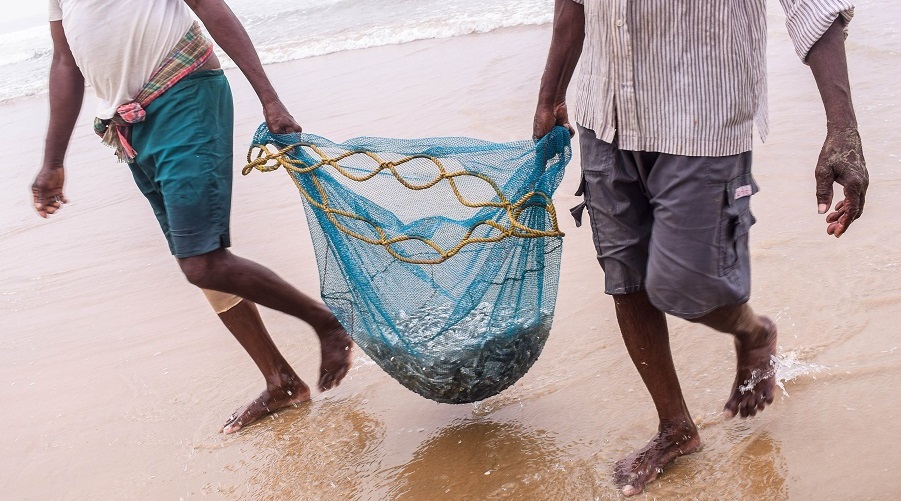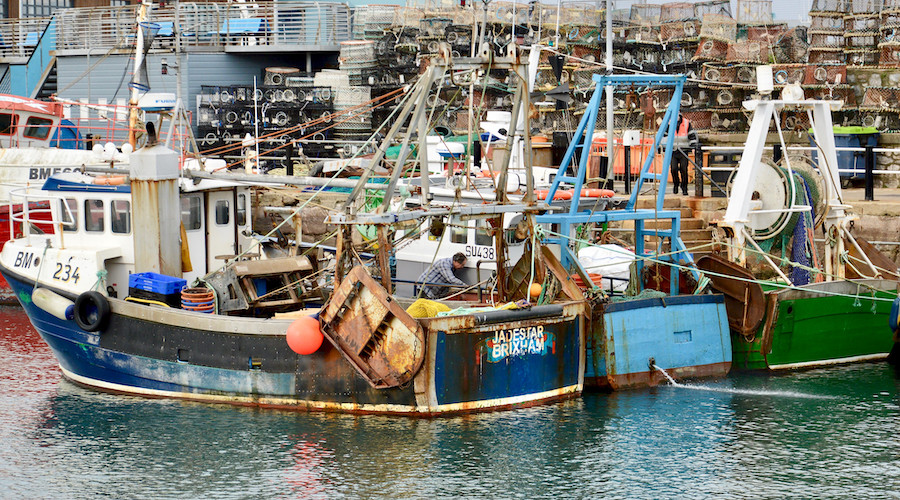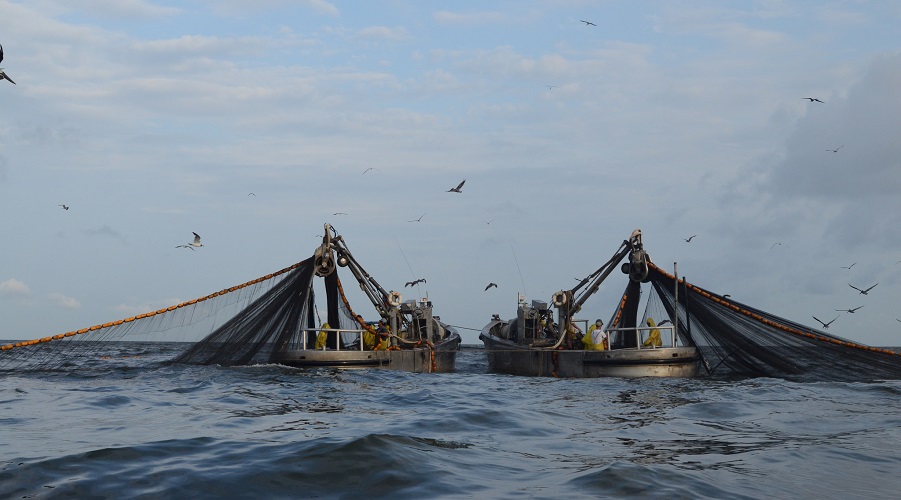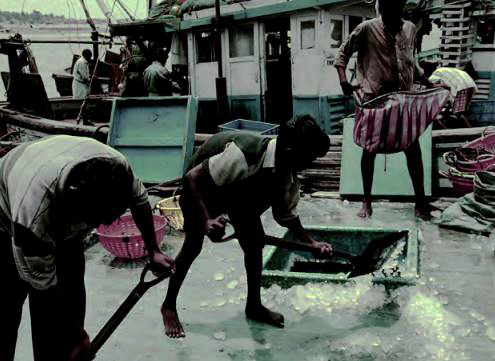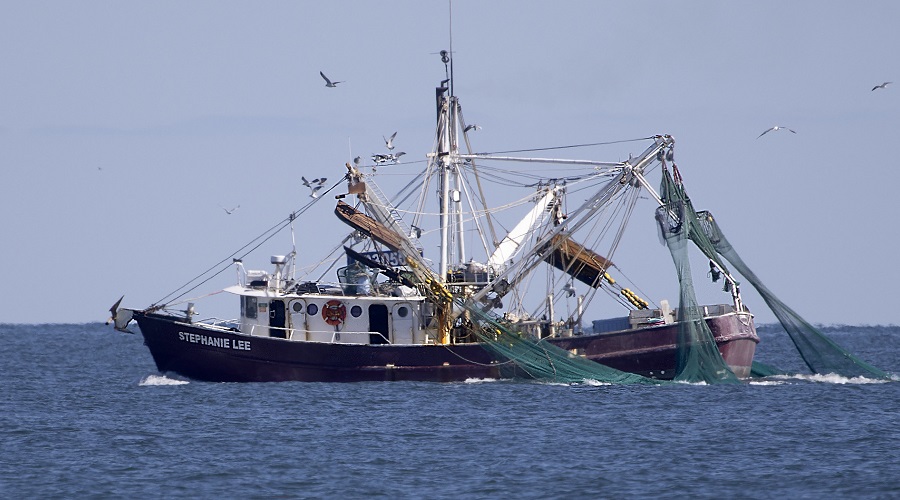
Shrimp trawler. Photo by Stephanie Lee, Flickr.
Fisheries scientists and marine biologists working in all corners of the world, from Canada to Australia, from Malaysia to Nigeria, and from Brazil to Monaco, are once again making a call to the World Trade Organization (WTO) to approve additional regulations that eliminate harmful fisheries subsidies.


